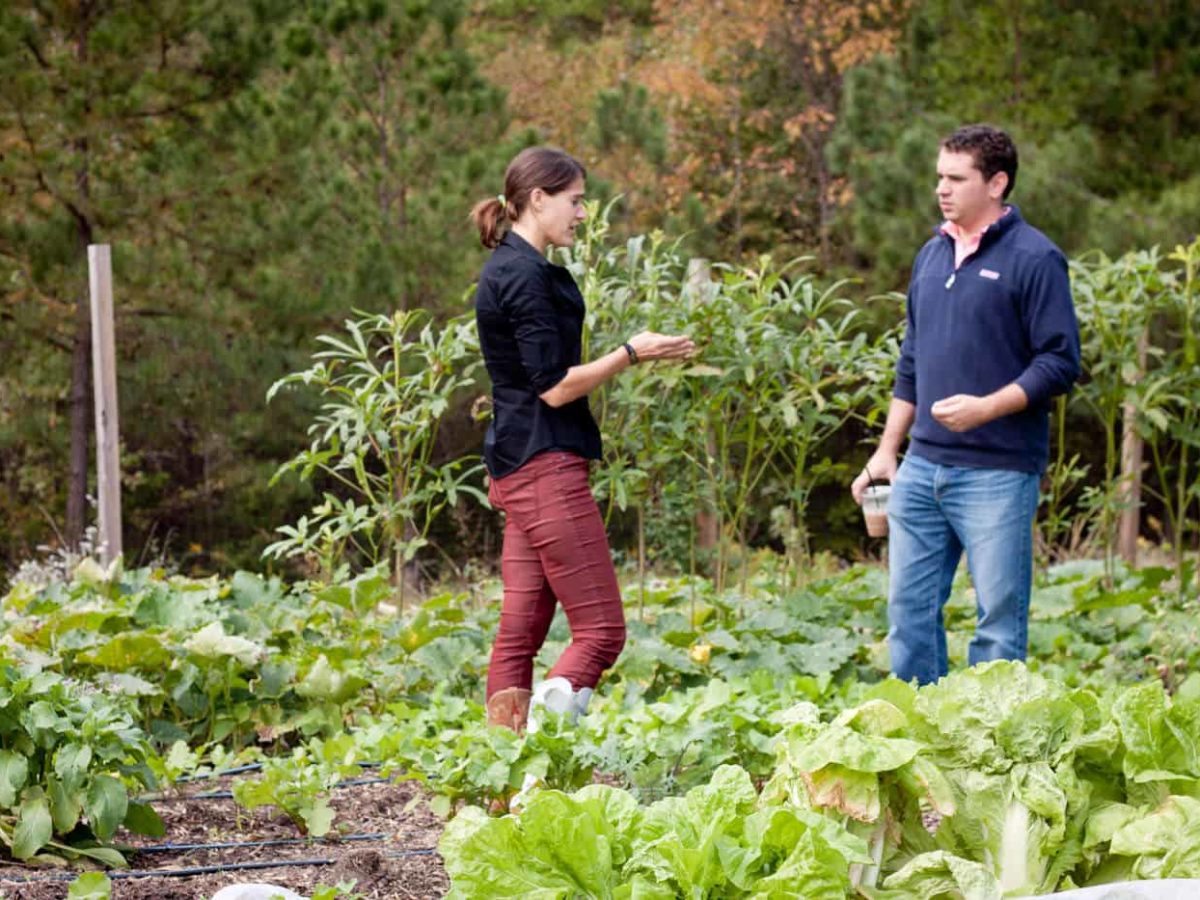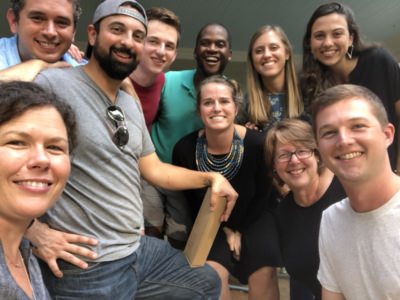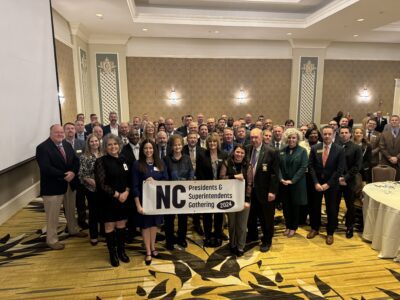
Millions of North Carolinians interact with our education system every day. Parents, educators, staff, administrators, students. It is a complex system made up of public schools, private schools, charter schools, and homeschools. And as EdNC co-founder Gerry Hancock reminds us weekly, education makes up 37.8 percent of our multi-billion dollar state budget.1
My research and work around trauma in schools has provided plenty of evidence showcasing that student performance is also dramatically impacted by life outside of the school. It isn’t just poverty, or even homelessness, but an entire range of adverse experiences including parental drug and alcohol abuse, exposure to spousal abuse or other forms of violence, losing a caretaker, and other occurrences that cut across socio-economic, racial, and geographic lines.
Everyday heroes
In the face of many interlocking issues, and a political dialogue that regrettably reduces complex issues down to a few sentences that can be featured in thirty-second ads and pamphlets, it is easy to forget that a great number of people are doing heroic work in the face of challenging circumstances. Parents, educators, and students are continually showing resilience — an essential quality for success in life.
At EdNC, we call these individuals “everyday heroes,” which is why we launched our Everyday Heroes series earlier this year.
My talented colleague Katy Clune and I have spent time in Durham and Winston-Salem for the initial set of pieces. We visited the Hub Farm and Katherine Gill, walked Black Wall Street with Farad Ali after visiting his office at the Institute for Minority Economic Development, and spent time with the students and teachers that Rusty Hall leads at Old Town Elementary in Winston-Salem.
Each of these leaders offered up a common desire to invest in the future. Even though Katherine Gill was the only one that we met in a garden, all three are attuned to the cycles of life and the importance of planting the seeds for success young.
Cultivating a climate for learning
Gill and the Hub Farm are in the position of continually promoting themselves within the school system itself as they must convince educators to use the farm. Part of their pitch requires that they communicate why the farm is a great place to teach students STEM — and even a great place to teach them to think critically.
Gill addressed the role of the Hub Farm in education:
“What we’re faced with really is being able to package things in a way that we’re saying yes, we’re meeting the standards, we’re giving the students what they need to learn and what they’re supposed to be getting in the classroom, but we’re also delivering it in a way that’s making them more conscious and more aware of their surroundings, and how they relate, and how they fit into the broader picture of learning and the process of learning.”
Gill would tell us that a garden, and other outside-of-the-classroom experiences, can cultivate the climate for learning. She pointed out that every ecosystem — from the garden to our society — is about relationships at the end of the day. She told us that a student who is struggling with math might make it out to the garden and see “how many rows of X you need to produce Y” and have the lesson click immediately.
Gill is an example of the creativity that is ever present in school systems across North Carolina.
Harvesting the highest potential
When we met Farad Ali in Durham, it was hard to miss his booming laugh and presence. Ali seemed to know everyone. He was once on the City Council, but even with Ali outside of elective office at the moment, it was not hard to tell that he was still involved in the work to make Durham a better place for all.
We met with Ali to discuss the suspension rates in Durham and an effort that is underway to look at launching an all-male academy as one creative response to the issues facing the school system.
Even though Ali was not in Gill’s garden when we met, he continually spoke of planting seeds for the future that the community might harvest.
Ali told us, “Is this an environment that will help inspire and transform their lives? If we believe that’s important, creating an ecosystem within the educational system will provide the right fertilization for a bumper crop. But if you don’t invest in these crops the way that we need to invest in them, or you fertilize them sparingly, your going to get a sparing crop. People will wonder why is this the crop? Did we get everything we have? I think that’s the opportunity for us all, as a community.”
Ali stressed again and again that communities must consider the harvest that they ultimately hoped for when deciding when and where to invest. He called on all communities to consider what they ought to fix, not just what they could maximize.
Being a constant
One hour west in Winston-Salem, principal Rusty Hall has been working with his staff to transform the educational outcomes of Old Town Elementary.
Hall also spoke to the importance of future harvests telling us, “Everything we’ve done at Old Town has been a team effort and I truly believe that you plant the seeds like a garden and let it grow. The teachers are the ones that do that.”
Hall’s school is emblematic of the long range approach given that they focus on every aspect of the student throughout the day. You can hear classical music and upbeat music echoing through the hall during class changes. Every wall seemed to be taken up by a poster promoting the diversity of the school and the culture of the children and their families.
Ultimately, it was the teachers who were the best example of Old Town’s approach to teaching with poverty in mind. Hall said that at his core he believes in teacher leadership. He told us that, “Some of the other little things we have going on is relationship building — that we’ve got to be the positive influence in the kids lives, and we’ve got to be the constant.”
The importance of adults being a constant, consistent presence in the lives of children comes up again and again as we travel the state. You hear of teachers who keep extra food in their desk drawer for hungry students, administrators who know to look out for specific students who are facing bullying, and principals who can stop a fight just by rounding the corner because the students do not want to disappoint them.
And each of our heroes stressed the fact that teachers and other staff members are essential if we hope to harvest the highest potential of our students. Katherine Gill summed that hope up when she told us that, “There is no shortage of teachers who are extremely passionate and have fantastic ideas. We must allow the space for their creativity to happen and figuring out how that works best for them.”
Recommended reading



